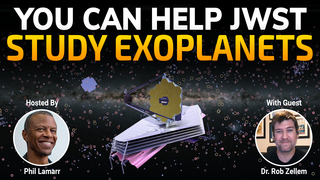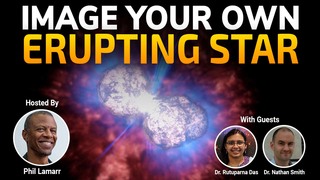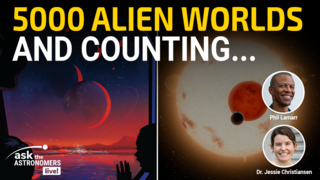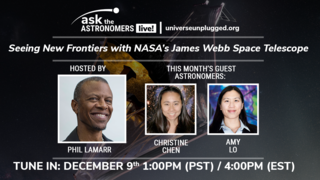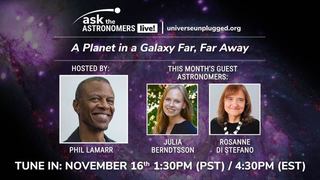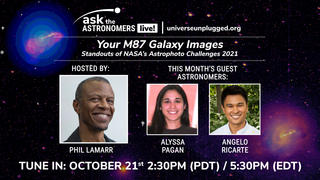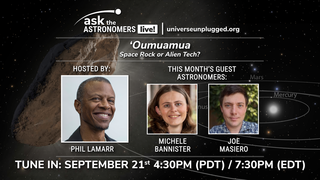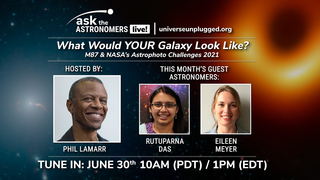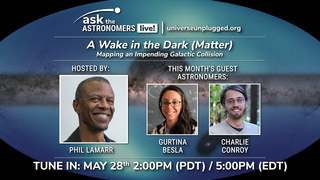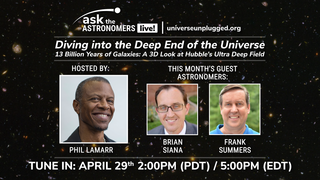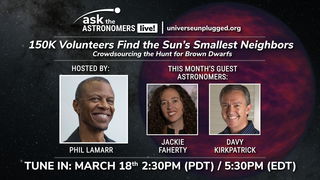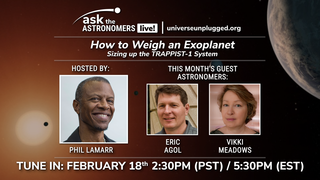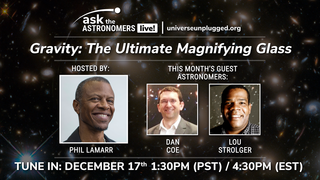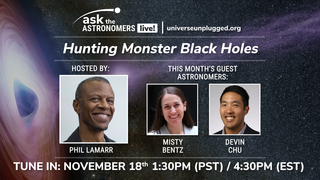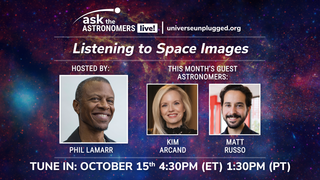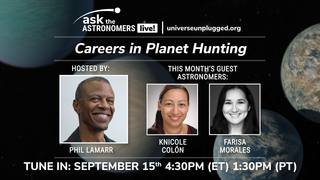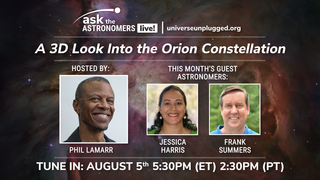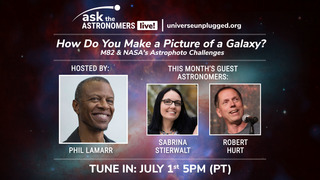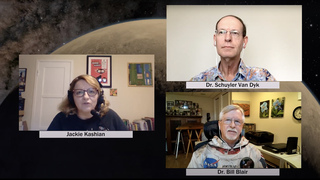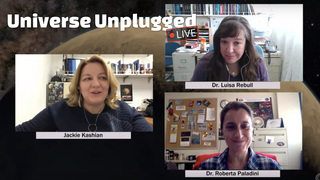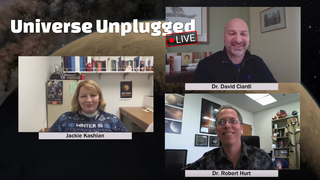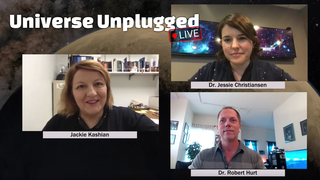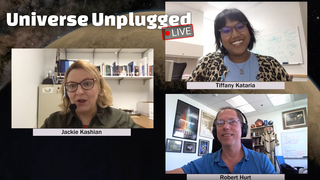Feedback for Gravity : The Ultimate Magnifying Glass
By leaving feedback, you agree to allow NASA's Universe of Learning to publish the content and information you provide in your submission form. We will only use this information to recognize your entry on our series and social media, and we will never publish your email.
Gravity : The Ultimate Magnifying Glass
Live Chat
•
December 17th, 2020
How does the gravity of a cluster of galaxies magnify the far universe?
Biographies of Show Participants
PHIL LAMARR (Host)
A Los Angeles native, Phil is an alumnus of Yale University and The Groundlings Theater and perhaps is best known as one of the original cast members of MAD TV, as “Hermes” on FUTURAMA, as "Marvin" in PULP FICTION, “Green Lantern” on JUSTICE LEAGUE and as the voice of SAMURAI JACK. For over 30 years Phil has thrilled audiences with his work on camera and behind the microphone on TV shows such as STATIC SHOCK, FAMILY GUY, STAR WARS: THE CLONE WARS, the CW’s THE FLASH & SUPERGIRL, GET SHORTY, LUCIFER and VEEP; feature films like MADAGASCAR 2, INCREDIBLES 2, and THE LION KING (2019) and video games including FORTNITE, SHADOW OF MORDOR, and the INJUSTICE, METAL GEAR SOLID, and the MORTAL KOMBAT series.
DAN COE (Astronomer)
Dr. Dan Coe is also an astronomer at STScI. His claim to fame is discovering the most distant galaxy known in 2013 (currently second most distant) using the Hubble Space Telescope and gravitational lensing. He is excited to use the upcoming James Webb Space Telescope to reveal evermore distant galaxies, looking further back in time to the first 3% of our cosmic history that remains unexplored. He believes lensing will be the key to discovering the first galaxies with Webb. Growing up, Dan idolized Carl Sagan and followed him to college at Cornell. He continued his education in Baltimore at Johns Hopkins and in Granada, Spain, then worked at NASA's Jet Propulsion Laboratory in Pasadena before landing back in Baltimore at STScI.
LOU STROLGER (Astronomer)
Dr. Lou Strolger is an Observatory Scientist and Deputy Head of the Instruments Division at Space Telescope Science Institute, and a Research Scientist in the Department of Physics and Astronomy at Johns Hopkins University. His research interest include supernovae, cosmology, and dark energy. He is primarily works on the nature of supernovae progenitors through bulk analyses of events and environments, and the evolution of these properties over cosmic time. Prior to his current appointment, he was a tenured Associate Professor of Physics and Astronomy at Western Kentucky University. He received his Bachelors in Physics from Earlham College, and his PhD in Astronomy and Astrophysics from the University of Michigan.
